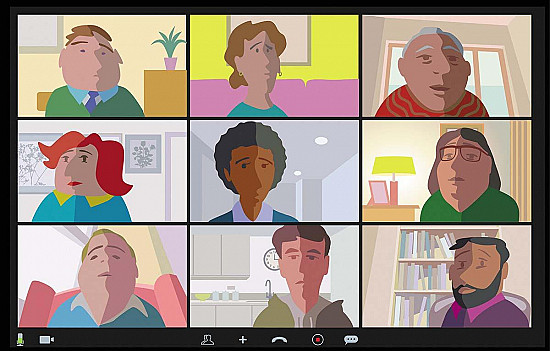Why do some heart drugs cost so much?
Ask the doctor

Q. My doctor prescribed a new cholesterol medication. When I went to fill the prescription, the pharmacist said this drug requires prior authorization. But even after that, it will cost $350 per month, which I can't afford. What can I do?
A. Unfortunately, this is a very common scenario, with several possible (and often confusing) explanations. But newer medications nearly always cost more than older ones. For treating high cholesterol, older drugs include statins (such as rosuvastatin [Crestor] and atorvastatin [Lipitor]) and ezetimibe (Zetia), all of which have been available for years in inexpensive generic versions. Health insurance companies want to be sure that people have tried the less expensive drugs first, which is reasonable and recommended by guidelines.
To do this, the companies require what's known as a prior authorization. Doctors must submit a form that explains the patient's clinical situation to justify the use of the newer drug. Many hospital systems hire pharmacists to do this time-consuming task. While many authorizations are approved, others are denied due to very restrictive criteria by some insurance companies. And sometimes, the reason for the denial isn't clear. However, the federal government recently passed new rules that require more transparency, timeliness, and explanations for prior authorization decisions. These will take effect in 2025.
Your drug cost might be high for other reasons related to our complicated health insurance system. Many plans have an annual deductible — the amount a person has to pay out of pocket for tests, procedures, and medications, before insurance kicks in. So early in the year, people may need to pay nearly full price for medications to reach their deductible. After that happens, you pay only a fixed copay, usually $10 to $30. The opposite happens for people on Medicare: at the end of the year, the amount of drug coverage provided might run out, so people have to then pay full price for medications. Finally, most insurance companies have pharmacy benefit managers who negotiate prices with health insurers and pharmacies. They help decide which drugs to cover and how much people pay, but their fees and incentives contribute to what you end up paying.
If you ask, your pharmacist may have some sense of why the cost of that particular drug is so high. But often, people need to call their insurance company to sort out the underlying reason. One option for some people who need to take expensive medications over the long term is to switch insurance plans. When your current insurance is up for renewal, review other plans and check the copay for various medications you take, and choose your plan based on that.
Image: © Thomas Barwick/Getty Images
About the Author

Christopher P. Cannon, MD, Editor in Chief, Harvard Heart Letter; Editorial Advisory Board Member, Harvard Health Publishing
Disclaimer:
As a service to our readers, Harvard Health Publishing provides access to our library of archived content. Please note the date of last review or update on all articles.
No content on this site, regardless of date, should ever be used as a substitute for direct medical advice from your doctor or other qualified clinician.
















